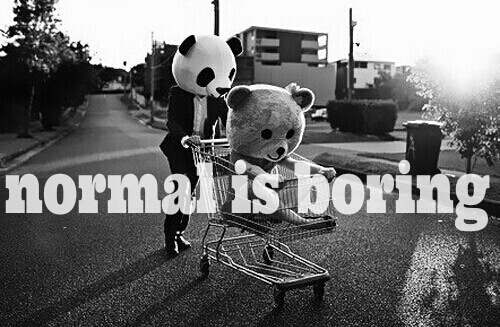
ECHO WEN, WAN, XU JING, and DING YING. “To Be Or Not To Be Unique? The Effect Of Social Exclusion On Consumer Choice.” Journal Of Consumer Research 40.6 (2014): 1109-1122.Business Source Complete. Web. 17 Feb. 2016.
The authors test their hypothesis that people who feel socially included will tend to express product loyalty and follow more mainstream trends compared to those who are socially excluded. The authors divide the people in the study in two categories: Those who are considered “stable” and those who are considered “unstable”. They tested them by socially excluding them through social media, product advertisement and vacation location choices. Their results showed that people who experienced social exclusion and were “stable” would express product loyalty and follow the trends of those around them. In contrast, those who were “unstable” showed little to no product loyalty and interpreted the social exclusion as a reason to stand out and be unique.

I chose this paper because it shows how socially people can become excluded, through products and their choices. By becoming excluded socially, these people can also become architecturally excluded. For example, those who were classified as “unstable” can feel excluded from certain interior and exterior environments if it does not make them feel like they belong. Atlanta itself relies heavily on advertisement and products, and those who exhibit no product loyalty may easily feel excluded from Atlanta.
Futbollibre muestra primero los eventos más relevantes, ayudando a elegir rápido qué partido mirar hoy.